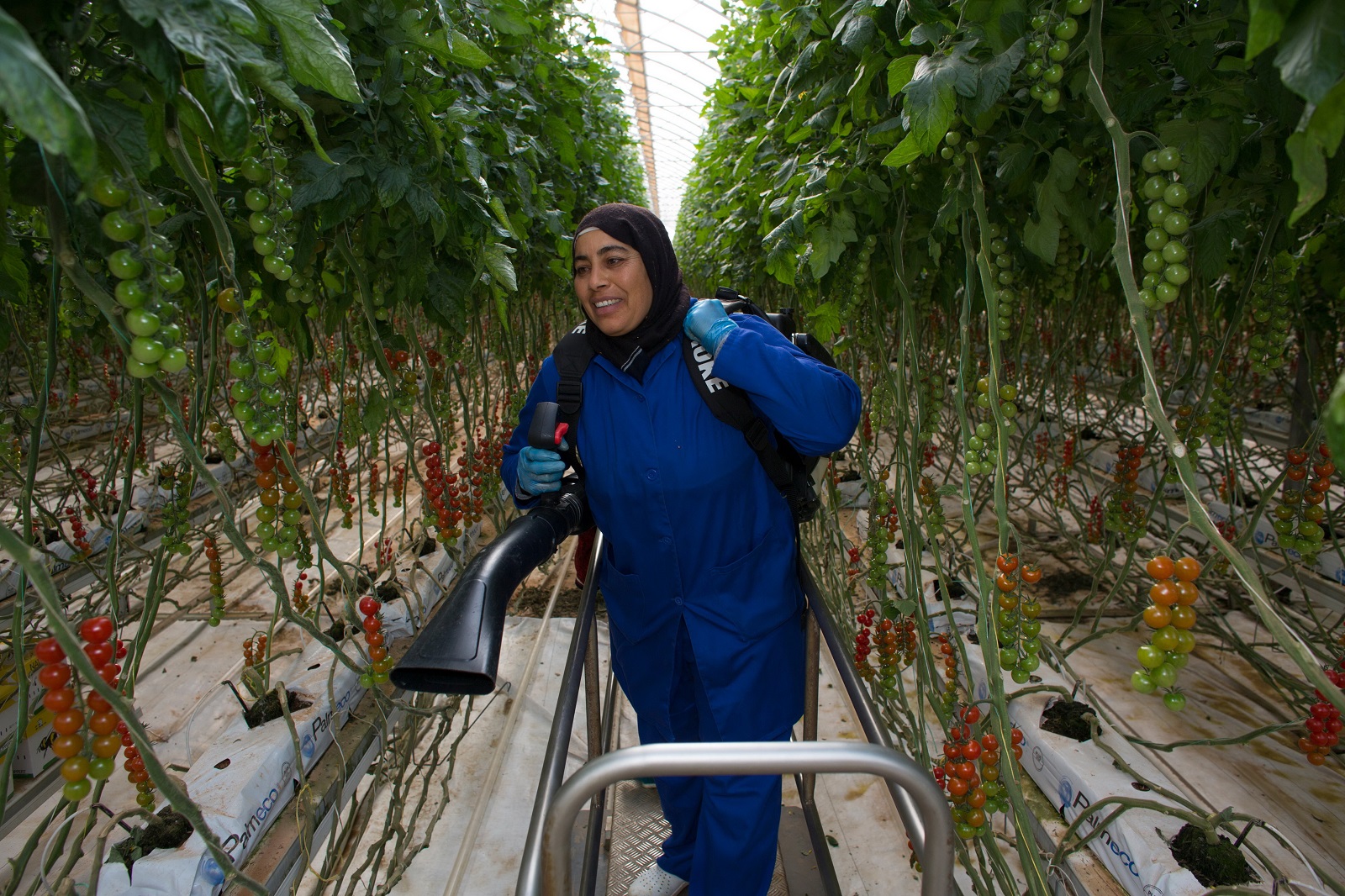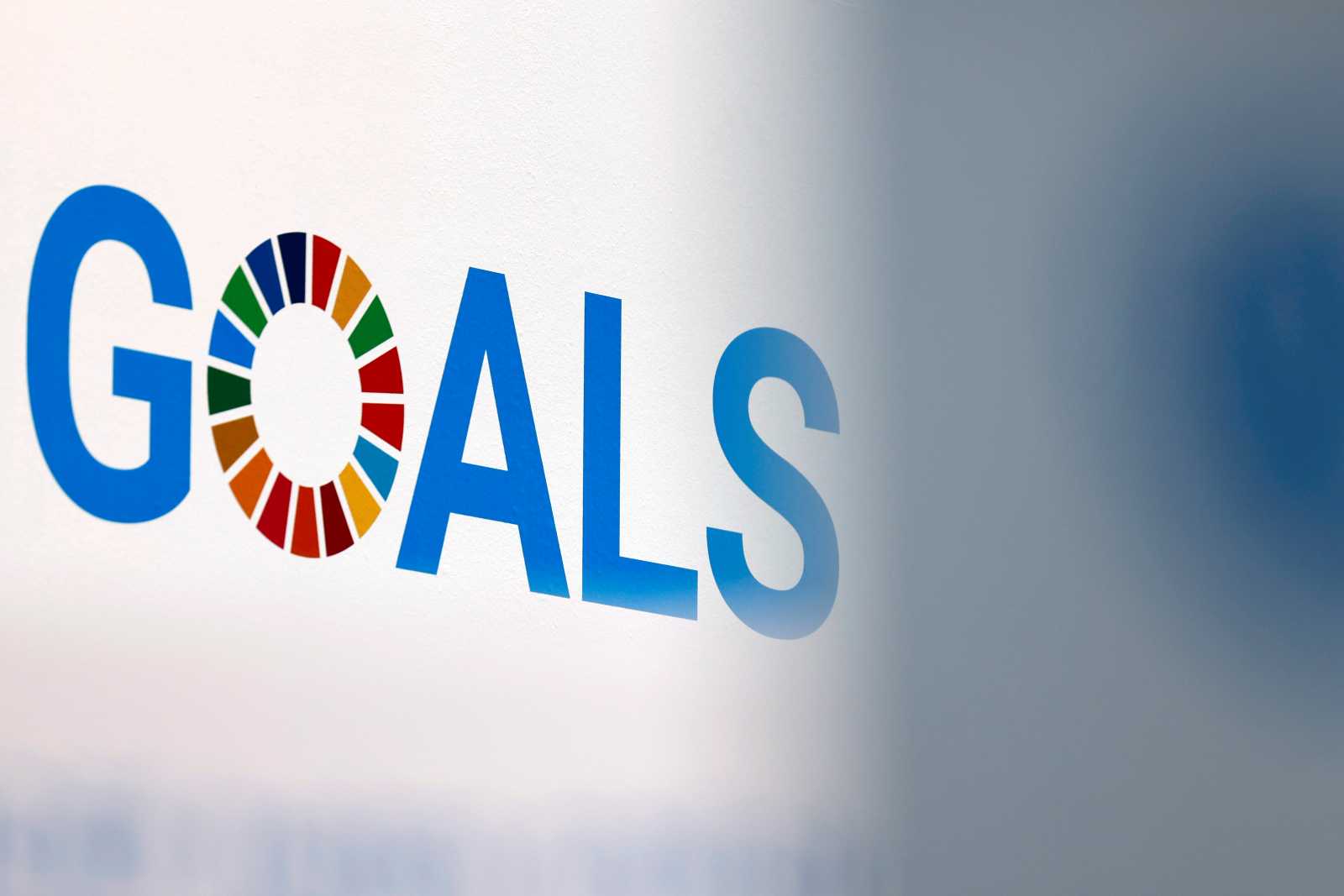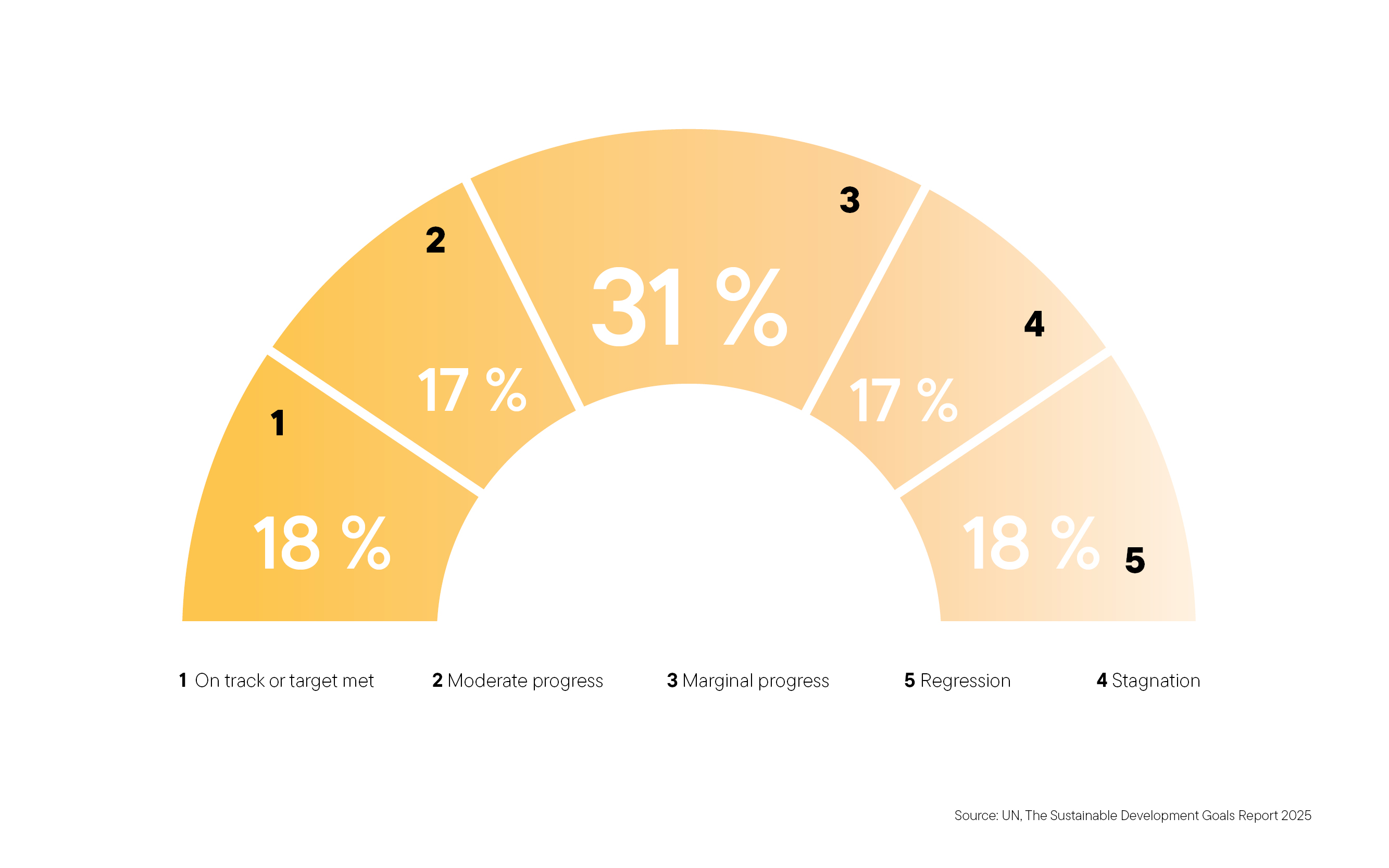Digital divide
Hooking up to the knowledge society
[ By Uta Bischoff-Peters ]
Since the 1980s, telecentres have been established in more and more countries around the world. Each is different, but the purpose is always the same: to make previously excluded segments of the population familiar with computers and the internet. While internet cafés only provide access to the net, telecentres also serve an educational function. They can make a vital contribution to the ubiquitous geographic spread of internet use and become a driving force for social and local development. InWEnt’s pilot projects either involve state-run centres for vocational training or civil-society organisations active in community facilities.
A crucial objective is to use computerised learning programmes – both online and offline – to provide women and young people with knowledge and skills they can use to earn money. Disadvantaged groups are in particular need of income-generating opportunities. But formal vocational training is often denied to those without certificates from schools. And even people with such certificates frequently suffer from a general lack of training facilities in rural areas – or find such opportunities simply unaffordable.
pTelecentres can make a difference. Embedded in local community life, they open up new avenues of communication, information and networking. Specific training programmes, which students can use by themselves, make people more flexible in acquiring knowledge in terms of time and place. Women, in particular, can gain new skills and additional knowledge without neglecting their traditional duties.
In North Africa, twelve InWEnt telecentres are being installed: eight in Algeria and four in Tunisia. This is being done under the auspices of different agencies. InWEnt’s main partner in Algeria is the national ministry in charge of vocational training. All projects in that country are affiliated to state-run vocational-training institutes. Tunisia’s Ministry of Education, in turn, is a crucial partner in many respects, but it will initially install only one telecentre with the goal of gaining experience. In the case of the other three Tunisian telecentres, InWEnt is cooperating with non-governmental organisations (NGOs).
The Tunisian government is, no doubt, very interested in encouraging the use of the internet. The 2005 UN World Summit on the Information Society took place in Tunis. At the time, the government went to great lengths to introduce the new medium to young people in remote areas and to raise awareness of its benefits. But in spite of various state-run programmes concerning information and communication technology, women in rural areas continue to be particularly disadvantaged in educational terms.
New hope
In general, the local people are very receptive to the projects. In the Tunisian village of Béni Zalten for instance, about 500 families in a radius of eight kilometres will benefit from the centre. These people make their living mainly from agriculture and casual labour, some work in the tourism industry outside their villages. It matters very much to parents that their children should enjoy better educational opportunities than they did themselves. On top of such educational benefits, women who produce handicrafts and other local goods hope to get better access to markets through the web. People also anticipate an end to the long journeys they need to make to enrol in training courses or sit university-entrance tests. Moreover, young people are looking forward to using new options for seeking jobs, and schoolchildren are excited about internet research.
The telecentre will substantially contribute to improving the opportunities for local development in Béni Zalten. Modern communication technologies will serve to stem the marginalisation of the rural population – especially the women. Before implementing the project proper, the NGO Union Tunisienne de Solidarité Sociale has already cooperated closely with local people, assessing their needs. Generally speaking, the future users should be involved as much and as early as possible to ensure that a centre’s facilities are geared to their actual requirements.
The NGOs involved in the centres in Tunisia are experienced in working with the disadvantaged. Therefore, they find it quite easy to actively involve the target groups in telecentre planning. For the state agency InWEnt is cooperating with in Algeria, however, doing so to such an extent is a new experience.
The Arab world continues to have a very low percentage of internet users compared with the rest of the world. Arab governments tend to fear that the transparency provided by the internet might erode their power. They are caught between the proverbial rock and a hard place, having to strike a balance between greater freedom and security. With some reason, they worry about radicalism. In April, terrorist attacks hit Algeria and Morocco, exacerbating concerns of the internet being used for violent purposes. Moreover, conservative-minded people warn that women and young people will be exposed to Western values, attitudes and behaviour – many of which are considered immoral and decadent in the Arab world.
Today, nearly all Arab countries allow some public access to the internet. However, whether a viable environment for the new technologies and their use is established, continues to depend to a great extent on the political will of the respective government. In the case of the telecentres, InWEnt’s experience in cooperation with the authorities is very promising. It makes sense to bank on these centres most likely serving local development and to design specific measures in cooperation with ministries.
English is the prevailing language for 80 % of the global network, making its use more difficult in Tunisia and Algeria. Therefore, InWEnt is currently supporting the compilation of a bilingual web portal in Arabic and French. This vital telecentre component will be designed to help users to navigate the internet, which is very important for new users in particular. On the other hand, the portal will offer information about the telecentres and their regions. Links are also planned to important institutes and sources of information, along with a gallery of the projects’ “best practices”. Moreover, the portal will network the projects in the two neighbouring countries.
Of primary importance, however, are the various self-study courses which can be accessed via the portal. These courses, for instance, target women who, besides acquiring basic computer literacy, wish to gain skills in sewing or hairdressing. Other courses can help farmers improve their products. As it is very expensive to develop new programmes, InWEnt is drawing on existing courses and adapting them to suit the target groups where necessary. There is a range of self-study programmes in French which are either available free or operated commercially. In Arabic, however, it is a different story. While plenty of information is provided by various sources, there is a lack of interactive programmes.
The twelve telecentres will start operating this year. Most are already fully-equipped, trainers are being trained, and first courses are being trialled. At the latest, InWEnt will withdraw from the projects in summer next year. By then, we need to establish structures solid enough to ensure the centres will operate independently on a sustained basis. To meet this challenge, we are gradually shifting responsibility for supporting the telecentres on-the-spot to our partners. At the same time we are inviting the various centres to cooperate closely with other centres in their own country, and with those in the neighbouring country.









